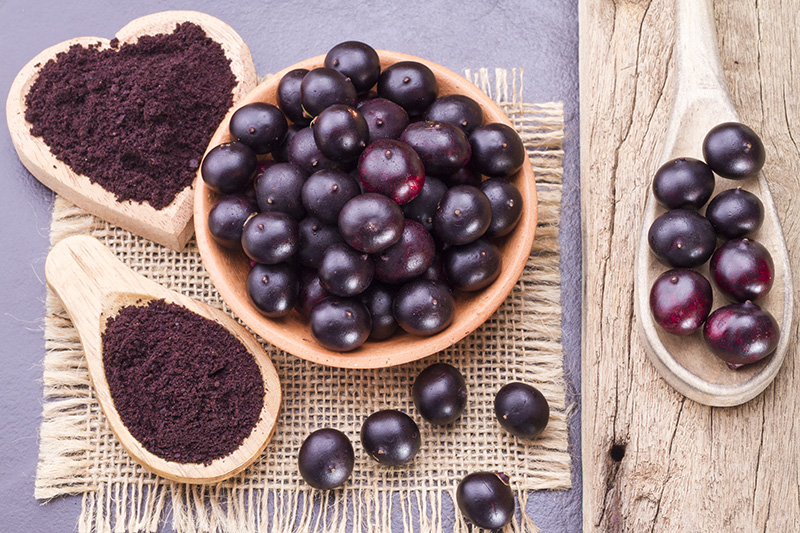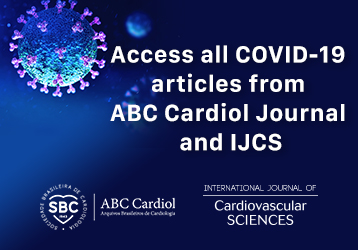Volume 114, Nº 1, January 2020
DOI: https://doi.org/10.36660/abc.20180140
ORIGINAL ARTICLE
Euterpe Oleracea Mart. (Açaí) Reduces Oxidative Stress and Improves Energetic Metabolism in Myocardial Ischemia-Reperfusion Injury in Rats
Patricia Alegre
Livia Mathias
Maria Angelica Lourenço
Priscila Portugal dos Santos
Andrea Gonçalves
Ana Angélica Fernandes
Paula Schmidt Azevedo Gaiolla
Marcos Ferreira Minicucci
Leonardo Zornoff
Sergio Alberto Rupp Paiva
Bertha Furlan Polegato

Abstract
Background: Euterpe oleracea Mart. (açaí) is a fruit with high antioxidant capacity and could be an adjuvant strategy to attenuate ischemia-reperfusion injury.
Objective: To evaluate the influence of açaí in global ischemia-reperfusion model in rats.
Methods: Wistar rats were assigned to 2 groups: Control (C: receiving standard chow; n = 9) and Açaí (A: receiving standard chow supplemented with 5% açaí; n = 10). After six weeks, the animals were subjected to the global ischemia-reperfusion protocol and an isolated heart study to evaluate left ventricular function. Level of significance adopted: 5%.
Results: There was no difference between the groups in initial body weight, final body weight and daily feed intake. Group A presented lower lipid hydroperoxide myocardial concentration and higher catalase activity, superoxide dismutase and glutathione peroxidase than group C. We also observed increased myocardial activity of β-hydroxyacyl coenzyme-A dehydrogenase, pyruvate dehydrogenase, citrate synthase, complex I, complex II and ATP synthase in the A group as well as lower activity of the lactate dehydrogenase and phosphofructokinase enzymes. The systolic function was similar between the groups, and the A group presented poorer diastolic function than the C group. We did not observe any difference between the groups in relation to myocardial infarction area, total and phosphorylated NF-κB, total and acetylated FOXO1, SIRT1 and Nrf-2 protein expression.
Conclusion: despite improving energy metabolism and attenuating oxidative stress, açai supplementation did not decrease the infarcted area or improve left ventricular function in the global ischemia-reperfusion model. (Arq Bras Cardiol. 2020; 114(1):78-86)
Keywords: Euterpe Olerácea; Oxidative Stress; Energy Metabolism; Chemical Reactions; Myocardial Ischemia; Myocardial Reperfusion Injury; Rats.















